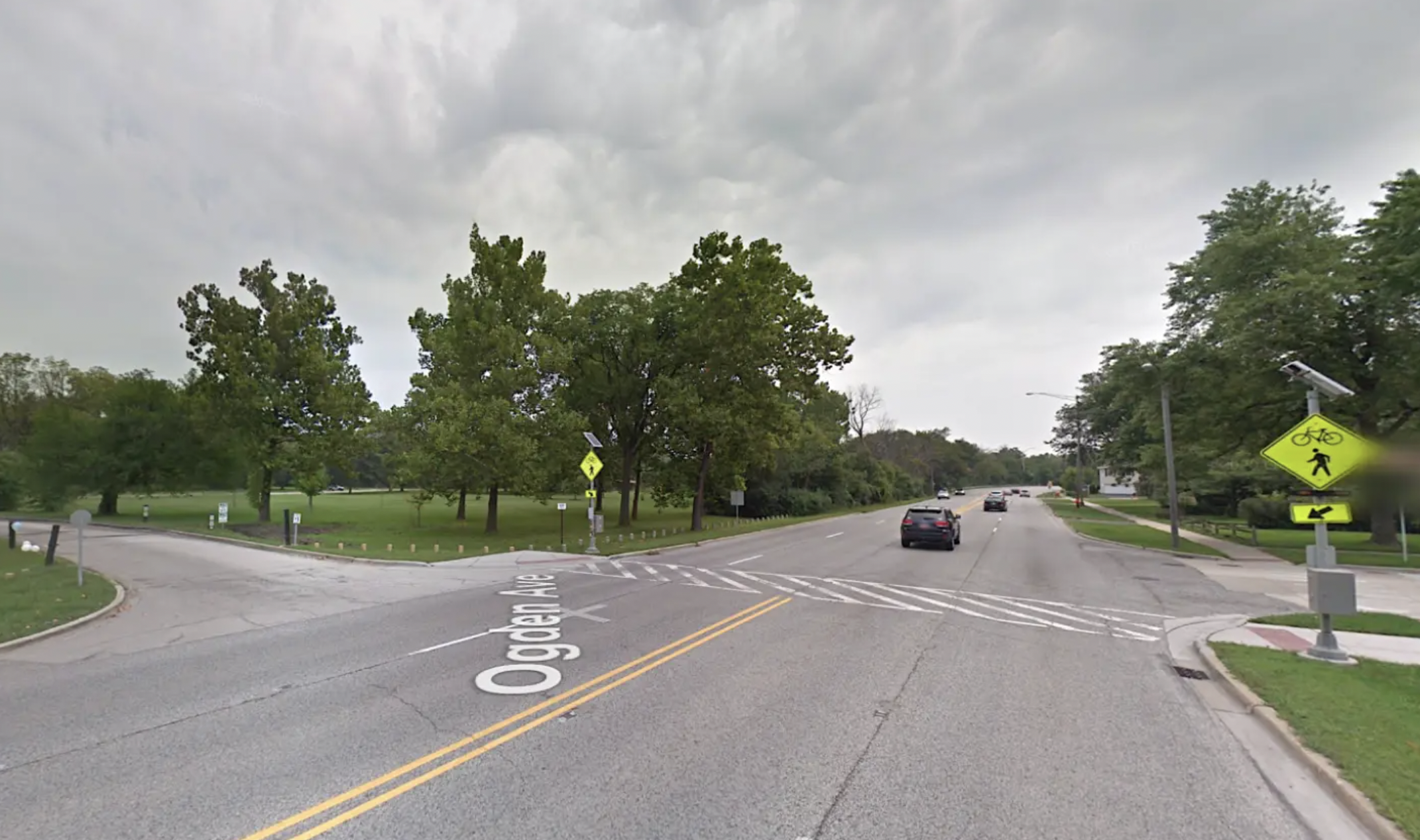
Most people still think of Tampa as a sprawling, car-centric town, but that is starting to change. In 2014, Smart Growth America [PDF] found that Tampa is shifting toward a more walkable development pattern. The city is starting to build out a bicycle network, and its Riverwalk project is bringing people out to stroll downtown.
Tampa's recent progress could be overwhelmed, however, by Florida DOT's $6 billion Tampa Bay Express project, a 90-mile road widening scheme that will chew up city neighborhoods to add toll lanes to three interstates. Information about the project's finances is hazy, and Florida DOT has proven that its traffic projections for toll road projects are worthless. Neverthless, regional decision makers are set to take up the plan this week.
On Wednesday, the Hillsborough Metropolitan Planning Organization will vote on Tampa Bay Express.

If the highway widenings are built, Governor Rick Scott's state DOT will seize properties to ram through the new lanes. Of the residents who'll be uprooted, 80 percent are black or Latino, according to the Tampa Bay Times.
Sprawling development is sure to follow. "You would see a weakening of the trend toward the revitalization of in-town neighborhoods and instead new housing stock farther and farther from the urban core," said Thomas Hawkins of the smart growth advocacy group 1000 Friends of Florida.
But there's a chance the highway plan will be defeated, thanks to a grassroots coalition known as Sunshine Citizens that has pushed back against Florida DOT's agenda.
"For $6 billion we could have a truly multimodal, comprehensive transportation system," said Michelle Cookson, a leader of Sunshine Citizens who lives in Seminole Heights, one of the neighborhoods that will be affected by the widening. "We know this is the absolute worst choice for us."

Sunshine Citizens has picked up key political support. The Tampa City Council has voted against the highway project twice. And early this month, Hillsborough County Commissioner Les Miller, head of the Hillsborough MPO, said Florida DOT hadn't done enough to make the case for the project.
If Tampa Bay Express is added to the list of the region's priority projects, construction will begin next year. Even with Miller's defection, shutting down the project will be "tough sledding," according to the Tampa Bay Times. Only one other member of the 16-person Hillsborough MPO board has voted against the project in the past.
A coalition of 60 private sector heavyweights is lobbying for the highway expansion. Their ranks include the local chamber of commerce, the owner of the Tampa Bay Buccaneers, and the owner of Publix, a regional supermarket chain. In a letter to the MPO, the highway boosters said $3.3 billion in state funding could go to Orlando or another part of the state if the project isn't approved.
Florida DOT has also stoked fears of losing out on state funds. Rather than work with local advocates to decide on a different plan to invest in Tampa's transportation network, the agency has dismissed criticism.
A plan worth $6 billion would include high-quality transit and give some thought to land use, said Cookson.
With the vote looming tomorrow, it's still not clear how much the project will cost the public. Florida DOT has not been transparent with its financial plan, leading the Tampa Bay Times to declare that "the outlook for the project is hazy."
The Times' Craig Pittman noted that Florida DOT can't be trusted even when it does release toll road financial projections. The nearby Suncoast Parkway failed to produce the $150 million in annual toll revenue that Florida DOT projected -- generating $38 million instead -- and is now subsidized with revenue from other toll roads.
Cookson isn't sure whether there are nine votes on the MPO board to remove the highway expansions from the list of projects slated for funding. But regardless of the outcome tomorrow, she says, her group is going to keep fighting.
"We’re just getting started," she said.




